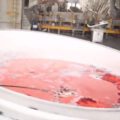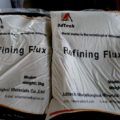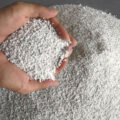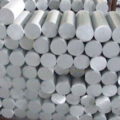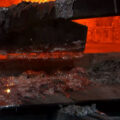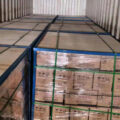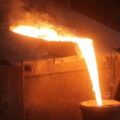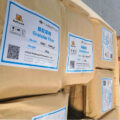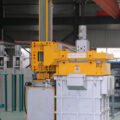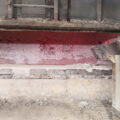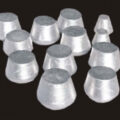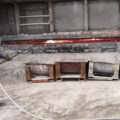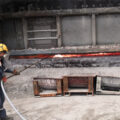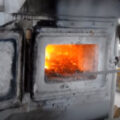At present, aluminum is the most used non-ferrous metal in the world, and aluminum products are widely used in various fields of the national economy. Compared with the production of electrolytic aluminum, the use of recycled aluminum can save 95% of energy such as water and electricity. The waste gas and waste generated in the production process are less, and the environmental pollution is greatly reduced. At the same time, the use of Refining Recycled Aluminum can also reduce the production cost of aluminum alloy products, which has good social and economic benefits.
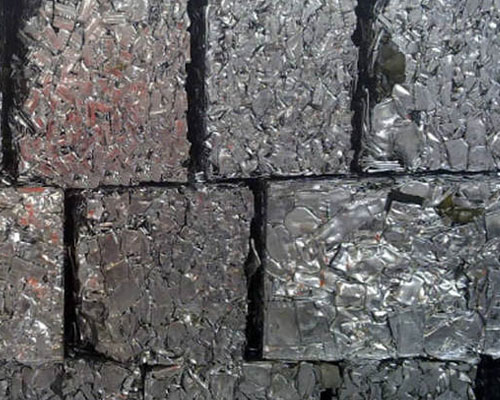
The basic purpose of aluminum alloy smelting is to obtain aluminum alloy melt with high purity and chemical composition meeting the production requirements by formulating a reasonable melting process. The smelting of recycled aluminum alloy is to remelt the pretreated waste aluminum materials and aluminum chips in the smelting furnace, and degassing, slag removal, modification, refining and other processes are carried out in the melting process, so as to obtain the aluminum liquid with chemical composition meeting the requirements, and finally cast into ingot. The raw materials of recycled aluminum are generally some waste materials mixed with different alloys and unclear composition. In order to provide high-quality melt for ingot production, it is necessary to melt and remove harmful impurities, gases and oxides from the waste by certain means.
The smelting and casting process of recycled aluminum is as follows: charging → melting (adding alloy elements such as silicon, copper and zinc) → slag stripping → magnesium and beryllium addition (if necessary) → mixing → sampling → composition adjustment → refining → slag stripping → converter → modification and standing → purification → casting.
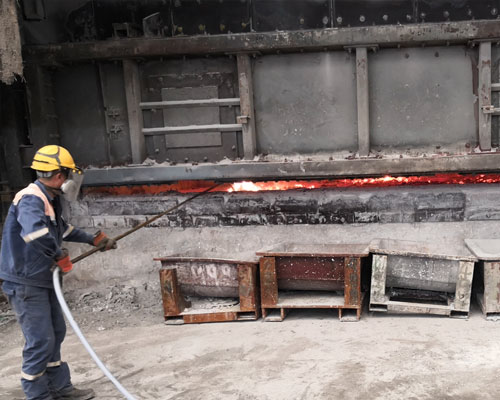
Purification and Refining Recycled Aluminum is a very important process in the smelting of recycled aluminum, and the most commonly used methods are powder injection and inert gas purification. At present, the most commonly used refining agents are chlorine salt and fluorine salt, and Cl2 or C2Cl6 can also be used. Although these refining agents have good purification and refining effect, the by-products such as AlCl3 and HCl will cause great damage to human body, environment, and equipment. However, if N2, Ar and other inert gases are selected as refining agents, the purification effect is not very good. At present, the more advanced technology is to modify, refine and refine the recycled aluminum by using rare earth alloy, and make full use of the interaction between rare earth elements and aluminum melt, so as to realize the integrated treatment of purification, refining, and modification of aluminum melt. This refining method is simple and efficient, and can effectively improve the metallurgical quality of recycled aluminum, and at the same time, no harmful waste gas and other by-products are generated during the treatment process. In addition, the combined refining processes, such as chlorine salt filtration and argon blowing flux, are better than single refining.

